World's first exascale supercomputer revealed
Installation at the US Department of Energy is the first 'exascale' system to be officially recognised as the world's fastest
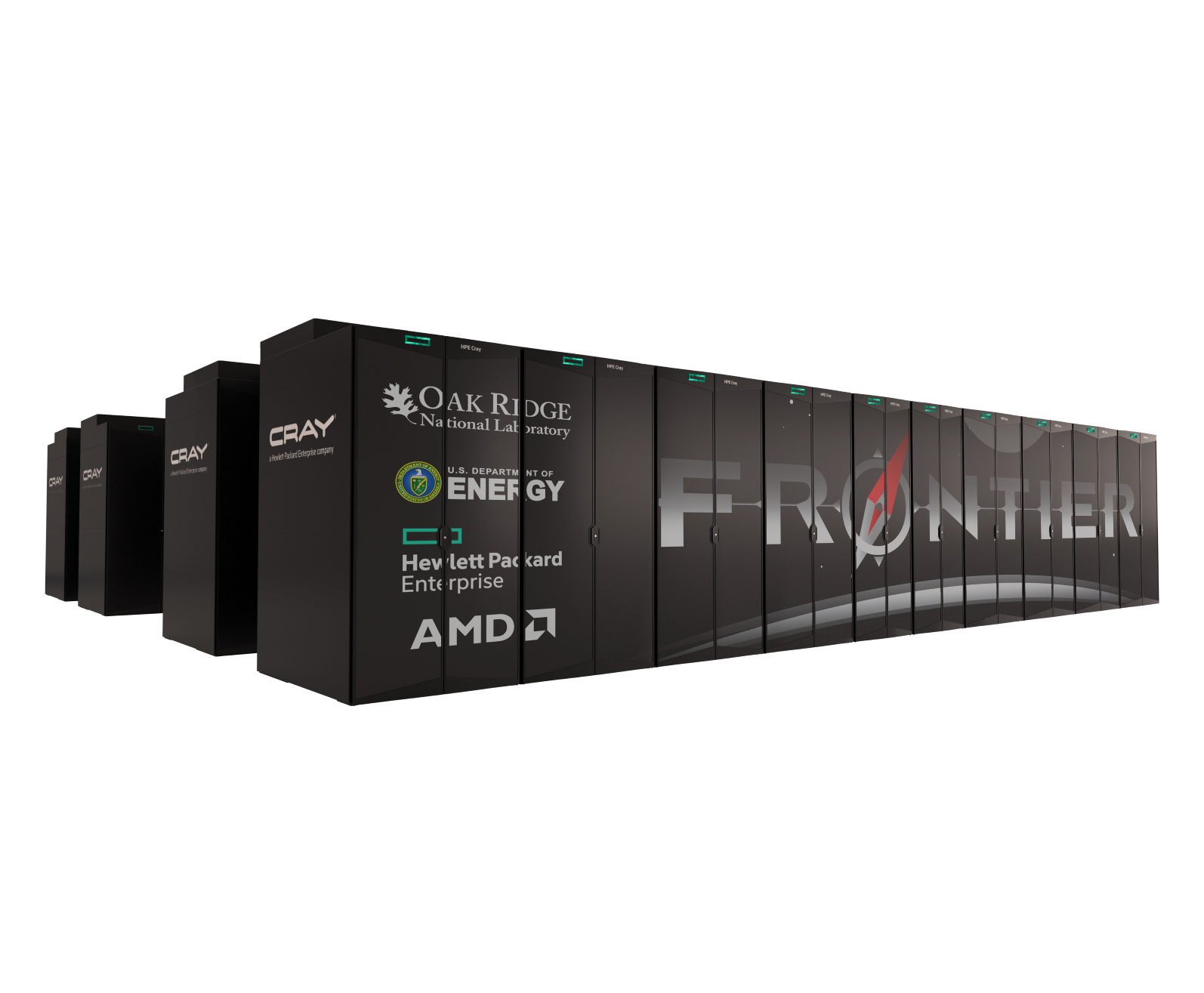

The AMD-powered Frontier supercomputer has been officially recognised as the world's fastest, ranking number one on the Top500 list.
Frontier, the first exascale supercomputer to appear on the list, topped 1.102 ExaFlop/s during a sustained Linpack benchmark. Not only was that enough to overtake the previous leader, Japan's Fugaku, but it is also faster than the next seven computers on the list, combined.
The installation is based at the Department of Energy's Oak Ridge National Laboratory, in Tennessee. It features 9,408 compute nodes, each housing one 64-core AMD Trento CPU with 512GB of memory. It has been built to "speed up discoveries, make breakthroughs, and address the world's toughest challenges", according to AMD. Specifically, the installation will allow scientists to model and simulate at an exascale level - which is the ability to calculate at least 10¹⁸ floating-point operations per second - to solve problems that are eight times more complex and up to 10 times faster.
As the most powerful supercomputer in the world, Frontier is also expected to reach even higher levels of speed with a theoretical peak performance of 2 exaflops. It is thought that the supercomputer will have a significant impact in critical areas like cancer and disease diagnosis and prognosis, drug discovery, renewable energy, and also the manufacture of new materials to create safer and sustainable products.
RELATED RESOURCE

Accelerate your business with hybrid cloud
Tap into benefits of both cloud and on-premise
In addition to modelling and simulating complex scientific research, across biological, physical and chemical sciences, Frontier will also enable dramatic breakthroughs in artificial intelligence. The exascale speed will allow Frontier users to develop AI models that are almost five times faster and eight times larger. As such, they will be able to train more data that can increase predictability and speed time-to-discovery.
While Frontier has been officially recognised as the first exascale supercomputer, there are reports of two installations in China that have also broken the barrier. However, those systems have not been submitted to the Top500 committee, supposedly due to political tensions between the US and China.
Get the ITPro daily newsletter
Sign up today and you will receive a free copy of our Future Focus 2025 report - the leading guidance on AI, cybersecurity and other IT challenges as per 700+ senior executives
Bobby Hellard is ITPro's Reviews Editor and has worked on CloudPro and ChannelPro since 2018. In his time at ITPro, Bobby has covered stories for all the major technology companies, such as Apple, Microsoft, Amazon and Facebook, and regularly attends industry-leading events such as AWS Re:Invent and Google Cloud Next.
Bobby mainly covers hardware reviews, but you will also recognize him as the face of many of our video reviews of laptops and smartphones.
-
 Bigger salaries, more burnout: Is the CISO role in crisis?
Bigger salaries, more burnout: Is the CISO role in crisis?In-depth CISOs are more stressed than ever before – but why is this and what can be done?
By Kate O'Flaherty Published
-
 Cheap cyber crime kits can be bought on the dark web for less than $25
Cheap cyber crime kits can be bought on the dark web for less than $25News Research from NordVPN shows phishing kits are now widely available on the dark web and via messaging apps like Telegram, and are often selling for less than $25.
By Emma Woollacott Published
-
 Google claims its AI chips are ‘faster, greener’ than Nvidia’s
Google claims its AI chips are ‘faster, greener’ than Nvidia’sNews Google's TPU has already been used to train AI and run data centres, but hasn't lined up against Nvidia's H100
By Rory Bathgate Published
-
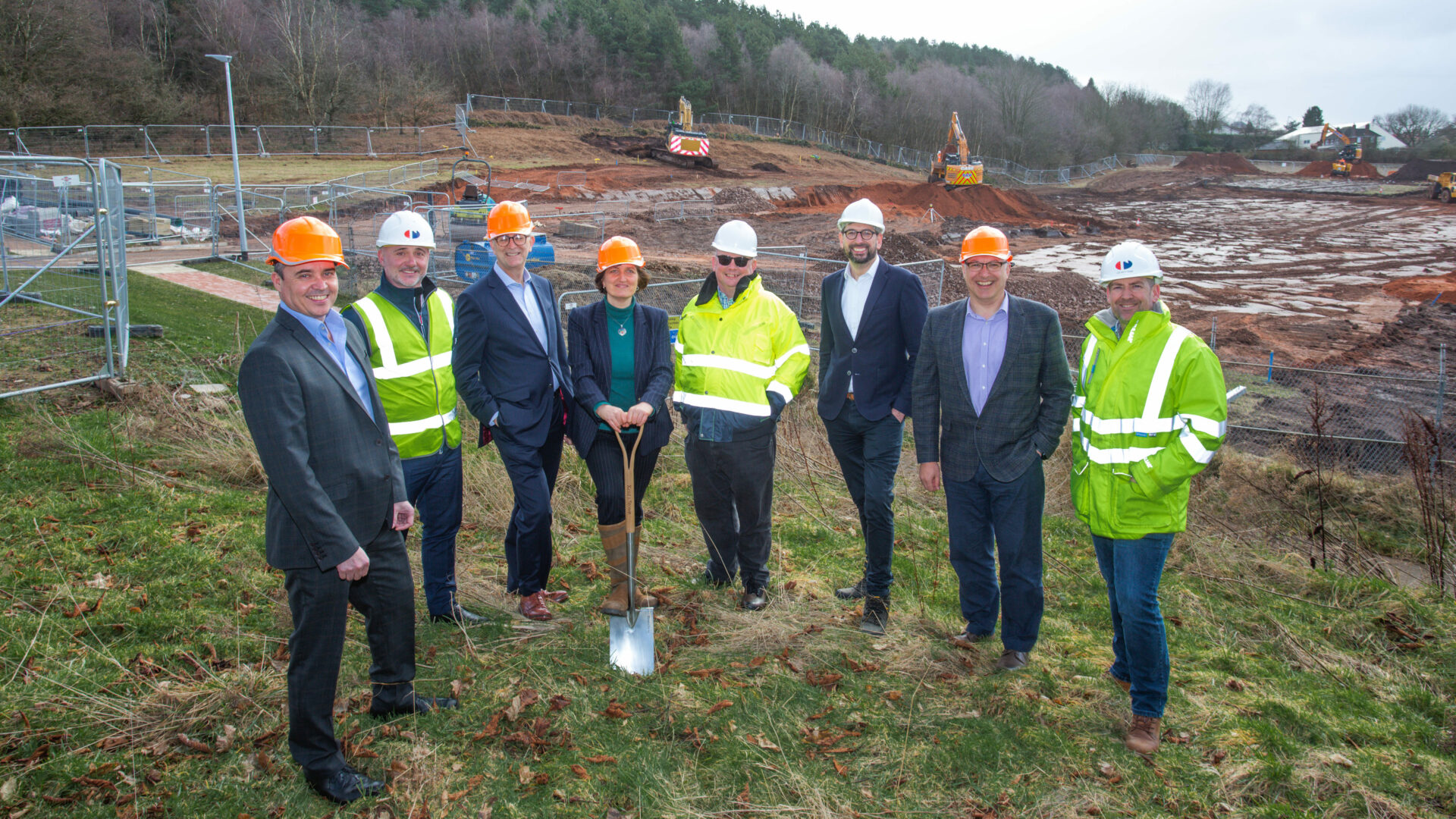 £30 million IBM-linked supercomputer centre coming to North West England
£30 million IBM-linked supercomputer centre coming to North West EnglandNews Once operational, the Hartree supercomputer will be available to businesses “of all sizes”
By Ross Kelly Published
-
 How quantum computing can fight climate change
How quantum computing can fight climate changeIn-depth Quantum computers could help unpick the challenges of climate change and offer solutions with real impact – but we can’t wait for their arrival
By Nicole Kobie Published
-
 “Botched government procurement” leads to £24 million Atos settlement
“Botched government procurement” leads to £24 million Atos settlementNews Labour has accused the Conservative government of using taxpayers’ money to pay for their own mistakes
By Zach Marzouk Published
-
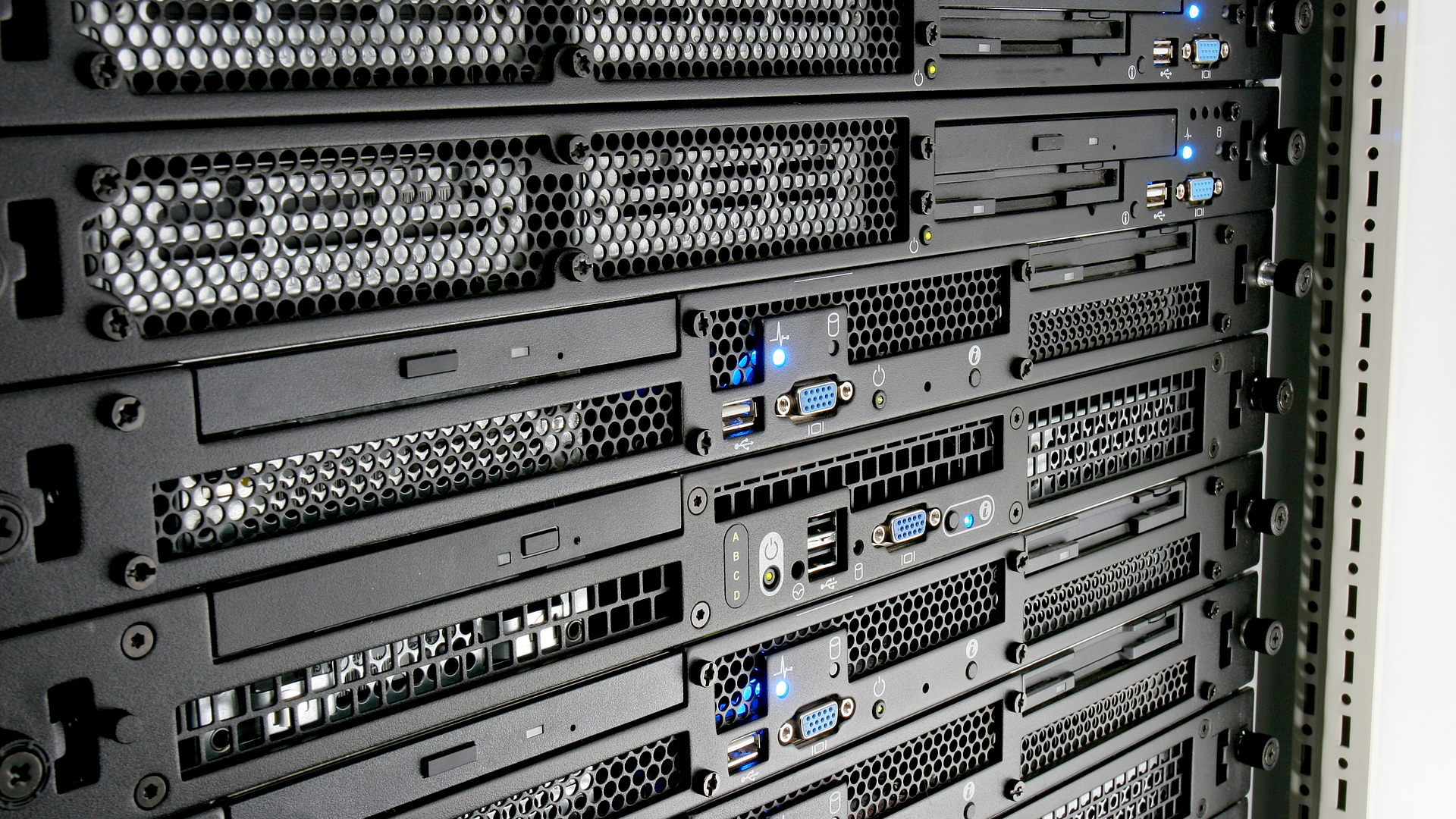 Dell unveils four new PowerEdge servers with AMD EPYC processors
Dell unveils four new PowerEdge servers with AMD EPYC processorsNews The company claimed that customers can expect a 121% performance improvement
By Zach Marzouk Published
-
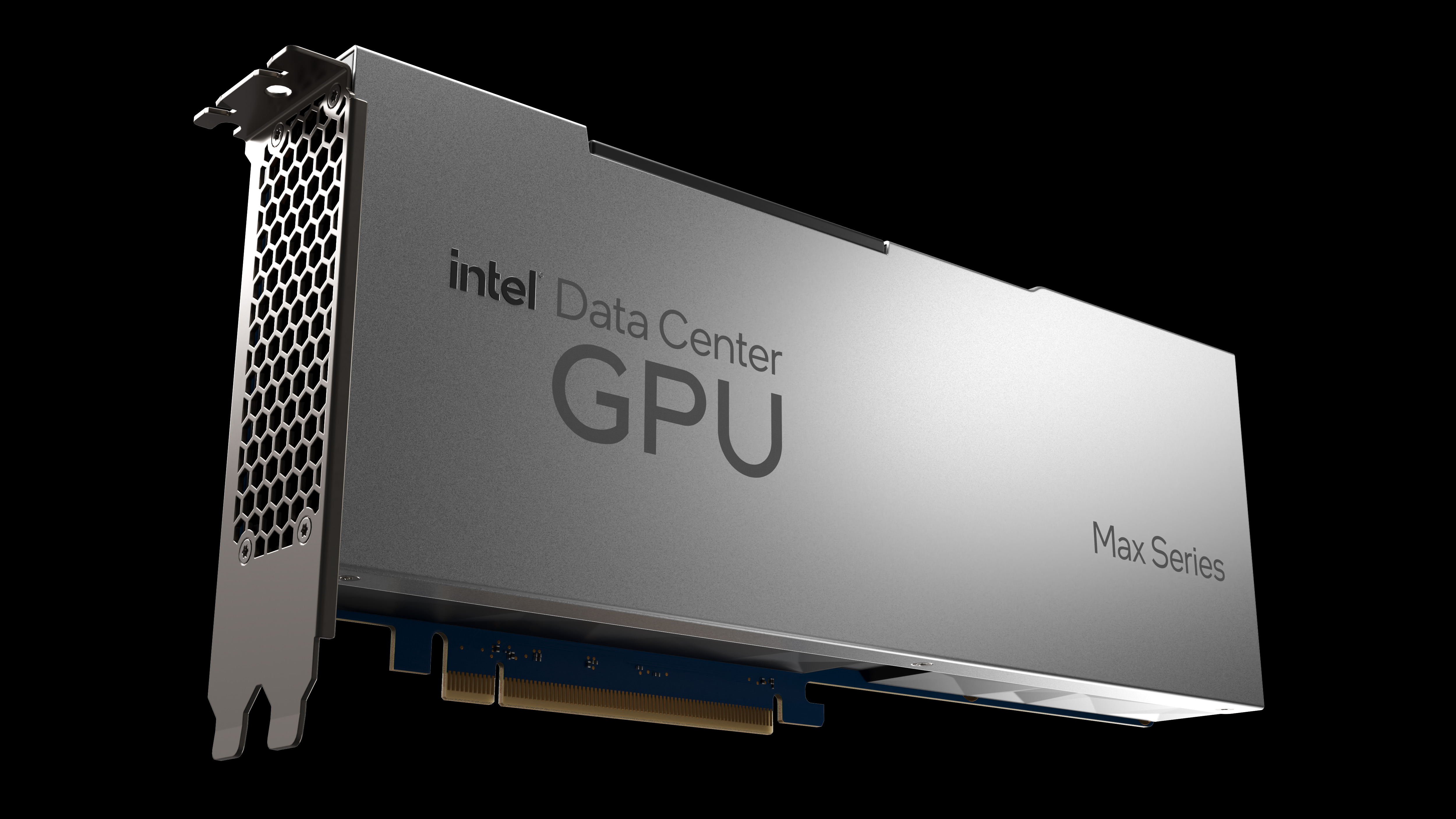 Intel unveils Max Series chip family designed for high performance computing
Intel unveils Max Series chip family designed for high performance computingNews The chip company claims its new CPU offers 4.8x better performance on HPC workloads
By Zach Marzouk Published
-
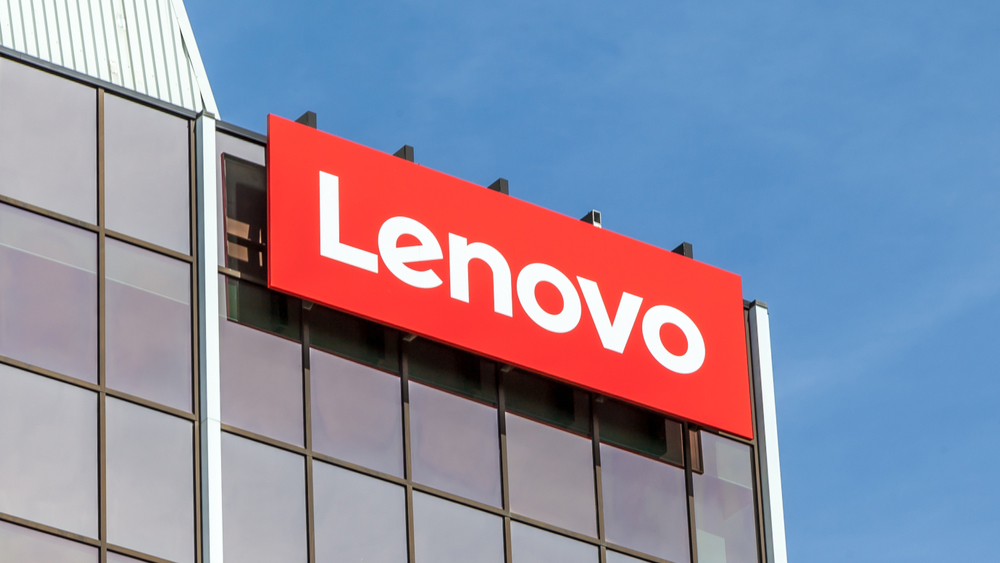 Lenovo unveils Infrastructure Solutions V3 portfolio for 30th anniversary
Lenovo unveils Infrastructure Solutions V3 portfolio for 30th anniversaryNews Chinese computing giant launches more than 50 new products for ThinkSystem server portfolio
By Bobby Hellard Published
-
 Microchip scoops NASA's $50m contract for high-performance spaceflight computing processor
Microchip scoops NASA's $50m contract for high-performance spaceflight computing processorNews The new processor will cater to both space missions and Earth-based applications
By Praharsha Anand Published